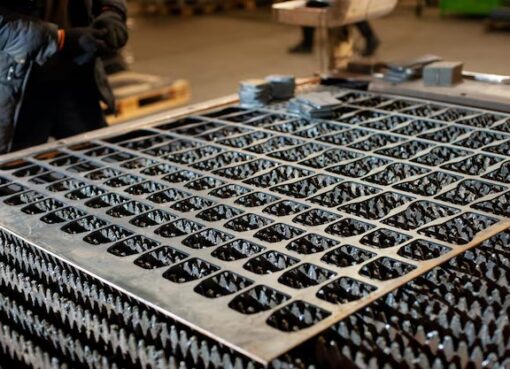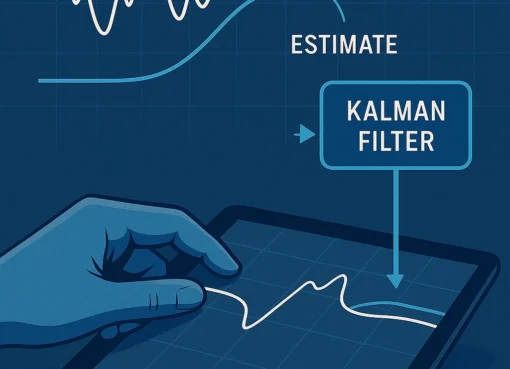Behind the Seal The Technology Keeping Industry Flowing

Mechanical seals play a crucial role in modern engineering systems where fluid containment is critical. Whether it’s in marine engines, pumps, compressors, or industrial machinery, mechanical seals ensure smooth, efficient, and leak-free operation.
In this blog, we’ll explore what mechanical seals are, how they work, where they’re used, and why they’re essential to the performance and safety of countless mechanical systems.
What is a Mechanical Seal?
A mechanical seal is a device that helps prevent fluid leakage between a rotating shaft and the stationary housing (or pump casing). It achieves this by creating a seal at the point where the shaft passes through the housing.
Unlike traditional packing (which allows some leakage), mechanical seals offer a more reliable and durable solution, especially in high-pressure, high-speed, or hazardous fluid environments.
How Does a Mechanical Seal Work?
A mechanical seal typically consists of two flat, smooth surfaces:
-
A rotating seal face attached to the shaft
-
A stationary seal face attached to the pump housing
These faces are pressed together by a spring or bellows mechanism and are lubricated by the process fluid or an external source. The flatness of the faces, along with their constant contact, minimizes leakage while allowing the shaft to rotate.
Some seals also include:
-
Secondary seals (O-rings or gaskets)
-
Metal springs or bellows
-
Seal glands for mounting
Types of Mechanical Seals
There are several types of mechanical seals, each suited for specific applications:
1. Single Mechanical Seals
-
Common in basic pumps and systems
-
Simple, cost-effective design
2. Double Mechanical Seals
-
Used in high-pressure or hazardous environments
-
Provide extra protection and backup sealing
3. Cartridge Seals
-
Pre-assembled for easy installation
-
Reduce the risk of misalignment
4. Split Seals
-
Designed for large equipment
-
Easy to install without dismantling machinery
Applications of Mechanical Seals
Mechanical seals are used across a wide range of industries, including:
-
Marine engines and pumps
-
Oil & gas equipment
-
Water treatment plants
-
Pharmaceutical and chemical processing
-
Food and beverage manufacturing
-
HVAC systems
In marine environments, for example, they help maintain watertight integrity and protect sensitive components from saltwater corrosion.
Advantages of Using Mechanical Seals
-
✅ Leak Prevention: They provide superior sealing, minimizing or eliminating leakage.
-
✅ Reduced Maintenance: Longer service life compared to traditional packing.
-
✅ Increased Safety: Especially important when sealing toxic, flammable, or pressurized fluids.
-
✅ Efficiency Boost: Less fluid loss improves system performance.
-
✅ Environmentally Friendly: Reduced leakage means fewer emissions or spills.
Maintaining Mechanical Seals
While mechanical seals are robust, proper maintenance is vital:
-
Ensure proper alignment during installation
-
Use clean and compatible lubricants
-
Inspect regularly for wear or damage
-
Replace seals when performance drops
Choosing genuine replacement parts is essential to maintain safety and efficiency, especially in critical applications like marine or chemical environments.
Conclusion
Mechanical seals are small but powerful components that ensure leak-free, safe, and efficient operation in a wide range of machinery. Their importance in marine, industrial, and energy systems cannot be overstated. By understanding their function, types, and maintenance needs, operators and engineers can significantly improve system reliability and reduce downtime.







Leave a Comment